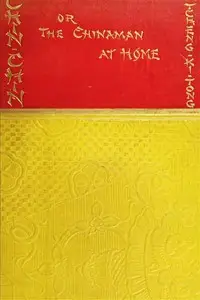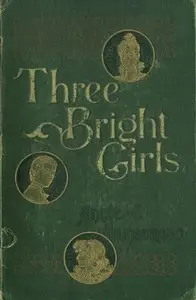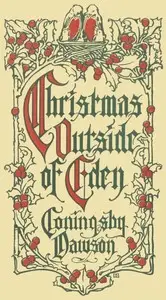"Chin-Chin; Or, The Chinaman at Home" by Ki-tong Tcheng is an anthropological work written in the late 19th century. The book provides an in-depth exploration of Chinese customs, focusing particularly on the social and cultural practices that define leisure and festivities in China. It aims to offer a unique insight into the life of the Chinese people from the perspective of someone who has experienced it firsthand. At the start of the book, the author establishes a context for understanding Chinese home life, comparing architectural styles throughout history and describing the traditional layout of a typical Chinese house. He illustrates the everyday comforts and aesthetics of domestic life while also reflecting on the cultural values embedded in their social structures. Through detailed descriptions of both the physical home and the interactions that occur within, the opening sets the stage for a broader examination of Chinese festivals and public celebrations that follow in subsequent chapters, emphasizing the simplicity and dignity of Chinese pleasures. (This is an automatically generated summary.)

Chin-Chin; Or, The Chinaman at Home
By Ki-tong Tcheng
"Chin-Chin; Or, The Chinaman at Home" by Ki-tong Tcheng is an anthropological work written in the late 19th century. The book provides an in-depth exp...
Chen Jitong, courtesy name Jingru (敬如), also known as Tcheng Ki-tong, was a Chinese diplomat, general, scholar, and shipbuilder during the late Qing dynasty. Chen was born in Houguan, now in present-day Minhou, Fuzhou. In 1869 he started to study the French language at the school attached to the Fuzhou shipyard. In 1875 Shen Baozhen sent thirty Chinese students, from the training school attached to the Foochow Arsenal to study shipbuilding and navigation in Europe. In 1876, Chen Jitong was selected to go to Europe and he wrote a book on his impressions after his return to China the following year. He subsequently served on a number of important positions in the Qing foreign service. While serving as a diplomat in France, he wrote several famous works in French, becoming the first Francophone Chinese author.













